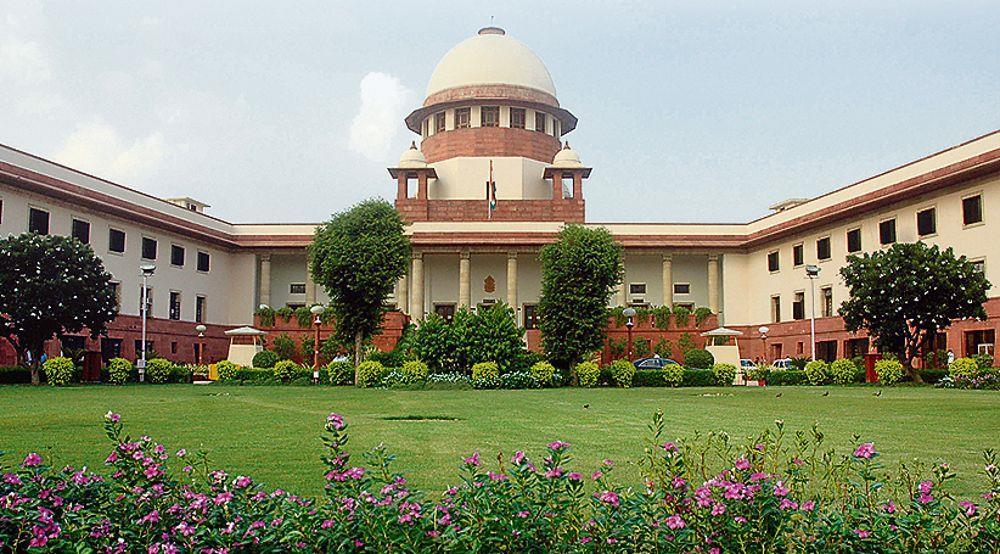
Bombay High Court Clarifies Claimant’s Rights in Motor Accident Compensation Cases
Last Updated on September 19, 2023 by News Desk
Issues:
In a recent ruling, the Bombay High Court addressed the issue of whether a claimant involved in a motor accident case can solely seek compensation from the owner of the other vehicle involved, without being obligated to claim compensation from the owner of the vehicle they were traveling in. The case stemmed from a motor accident between a car and a truck, with the claimants seeking compensation from the truck’s owner and insurer. However, the insurer of the truck argued that the car’s owner and insurer should also be party to the case.
Reasoning:
Advocate Rushabh S Vidyarthi, representing the claimants, asserted that they should have the autonomy to decide against whom they seek relief. The claimants believed the truck driver was responsible for the accident, justifying their decision to target the truck’s owner and insurer for compensation.
The court referred to a Supreme Court judgment in the case of Khenyei v. New India Assurance Company Ltd., which clarified that in cases involving the composite negligence of two vehicles, claimants have the right to sue one of the joint wrongdoers. This principle is based on the concept of joint and several liability, allowing claimants to recover the entire compensation from any one of the wrongdoers. Consequently, the law permits claimants to choose which party to sue, and they cannot be compelled by the Tribunal to involve other wrongdoers.
The court also highlighted a previous case, Uma Naidu’s claim related to the same accident, where the Tribunal directed only the truck’s insurance company to cover the entire compensation, without forcing the inclusion of the car’s owner or insurer.
Arguments:
Advocate Vidyarthi argued that claimants should have the freedom to decide whom to sue, especially when they believe that one party, in this case, the truck’s owner and insurer, is solely responsible for the accident. This approach respects the principles of justice and fairness.
Conclusion:
The Bombay High Court, relying on the precedent set by the Supreme Court, established that claimants in motor accident cases have the right to sue one of the joint wrongdoers, without being compelled to involve others. This ruling upholds the claimants’ autonomy and ensures that they can seek compensation from the party they believe to be primarily responsible for the accident. The court’s decision clarifies and reinforces the legal principle that joint tortfeasors share joint and several liability, allowing claimants to exercise their discretion in pursuing compensation claims.
Written — Athi Venkatesh




